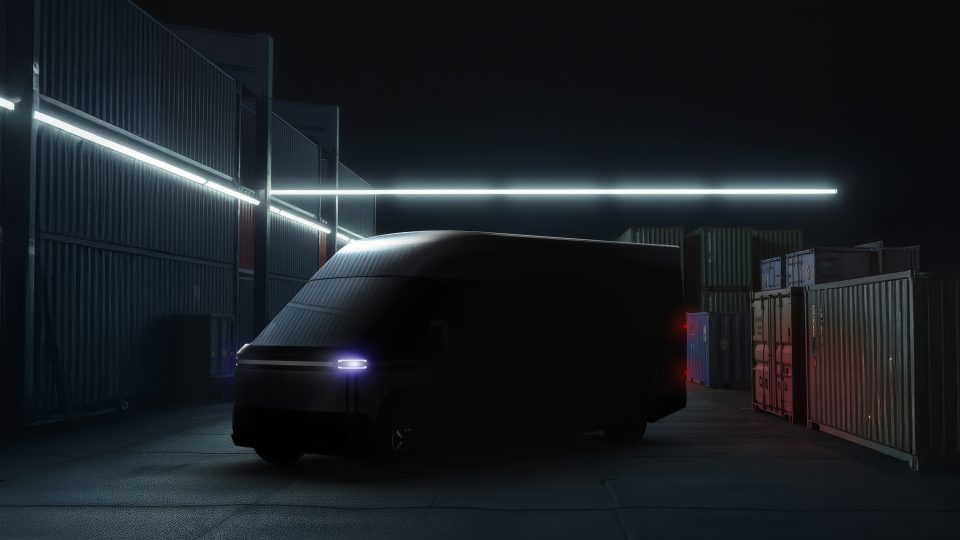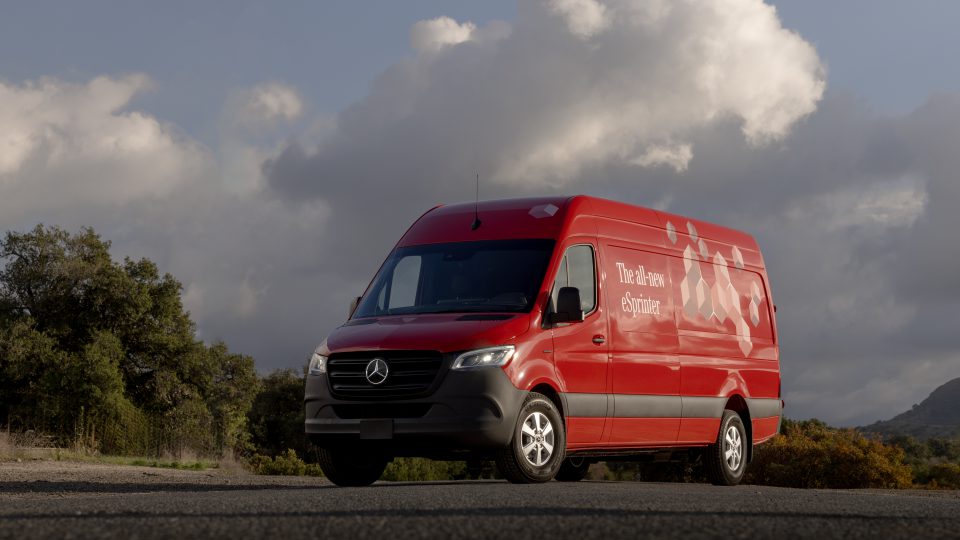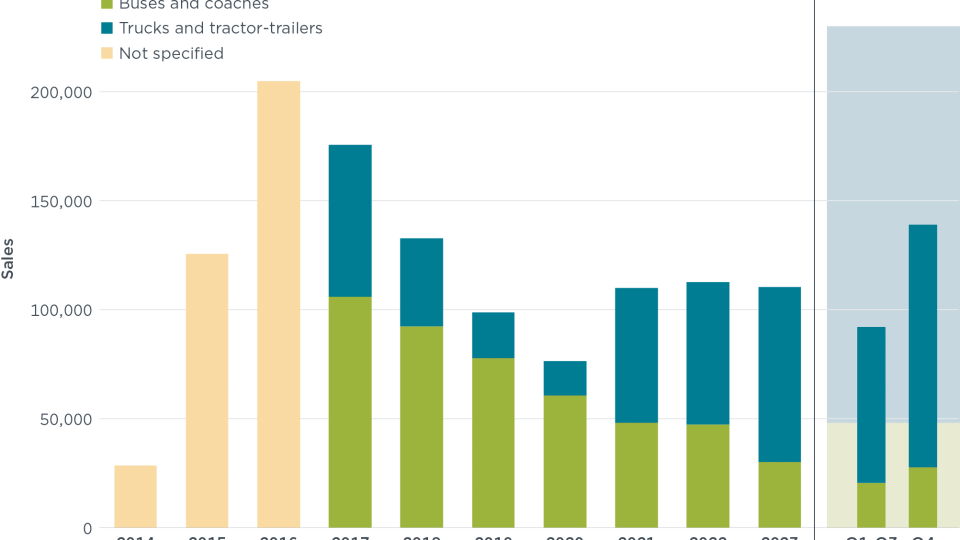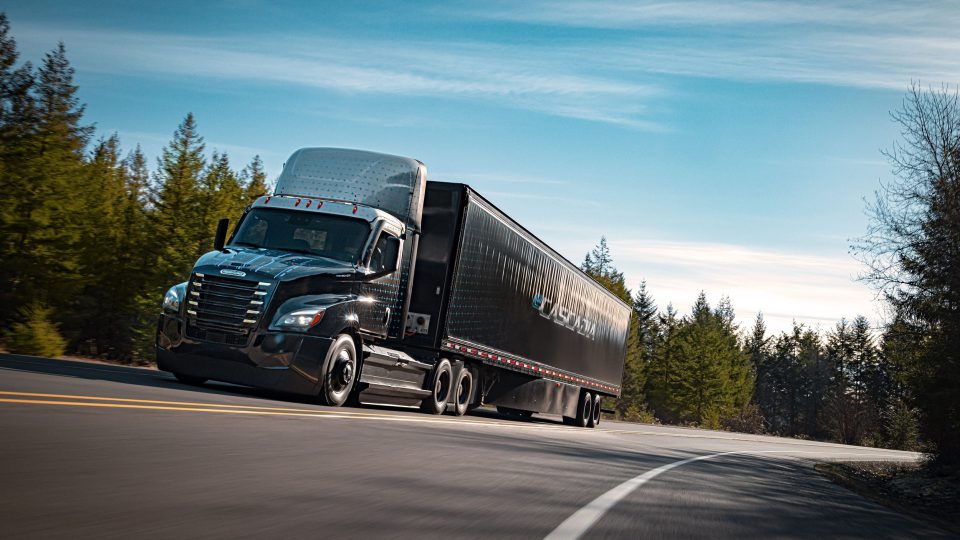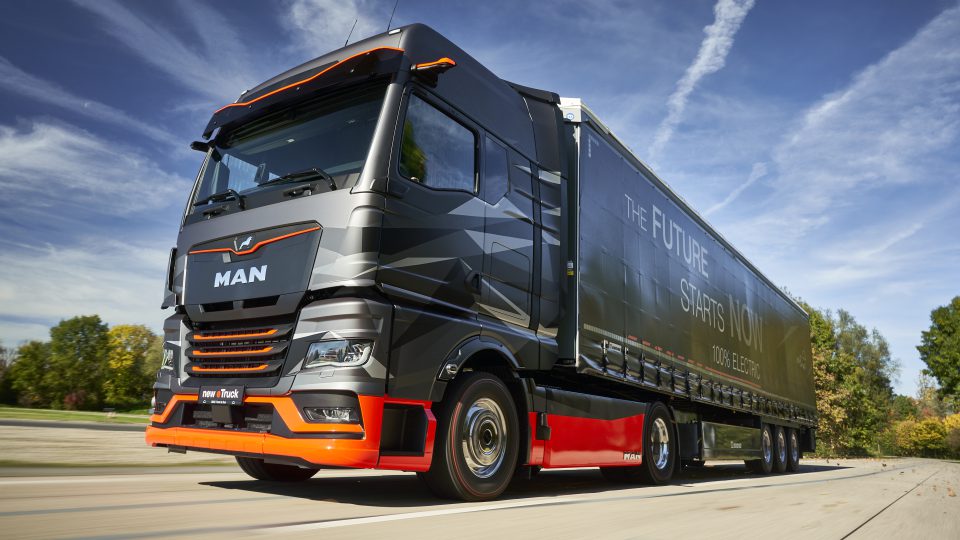Hyundai will stop selling ICE vehicles in Europe by 2035
In addition to the statement regarding 2035, Hyundai is also committed to achieve carbon neutrality by the year 2045. The company's strategy is based on 3 main pillars, such as clean mobility, next-generation platforms and green energy.
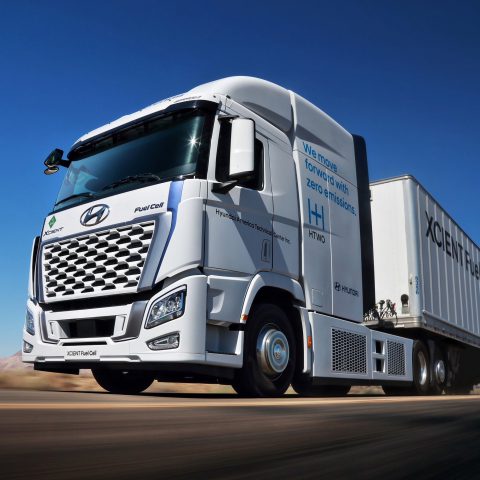
Hyundai will stop selling vehicles equipped with internal combustion engines in Europe by 2035. That’s what the global manufacturer stated during its participation in IAA Mobility 2021 in Munich. Hyundai, which has light commercial vehicles and trucks in its portfolio, is not at all the first manufacturer capable to make such announcements as, for instance, Stellantis and Mercedes stated something similar a few months ago. News like these show the commitment of some of the major global companies in order to achieve the ambitious targets outlined, on a European scale, by the renowned Fit for 55 program unveiled in July.
Hyundai 2035 strategy is based on three main pillars
In addition to the statement regarding 2035, Hyundai is also committed to achieve carbon neutrality by the year 2045. The company’s strategy is based on 3 main pillars, such as clean mobility, next-generation platforms and green energy. As for the first pillar, by 2030, Hyundai aims to secure 30 percent of its global vehicles sales with zero-emission vehicles (ZEVs). By 2040, the company expects that battery electric vehicles (BEVs) and Fuel Cell Electric Vehicles (FCEVs) will account for 80 percent of its total fleet sales.
Talking about hydrogen, Hyundai Motor has invested in hydrogen fuel cell technology for more than 20 years. As a matter of fact, last year, the company delivered XCIENT Fuel Cell, the world’s first mass-produced, fuel cell electric heavy-duty truck, to customers in Switzerland. Some more important steps have been taken in the passenger car sector.
Hyundai Motor commits to become carbon neutral in its global products and operations by 2045, and we will make investments in cleaner transportation and greener energy solutions to achieve a better and more sustainable future for all
Jaehoon (Jay) Chang, President and CEO of Hyundai Motor Company
More on hydrogen and vehicle-to-grid technology
In view of hydrogen development, Hyundai Motor has invested in global startups, such as H2Pro, to cooperate in the field of green hydrogen. Furthermore, Hyundai plans to establish green hydrogen infrastructures in countries with strong government support and abundant renewable energy sources.
Hyundai Motor has been carrying out a number of activities to reduce the amount of carbon and other greenhouse gas emissions produced by its manufacturing processes. The company’s actions include continuing with its energy reduction activities and building eco-friendly plants by converting them to renewable energy sources like photovoltaic power.
One last mention for the V2G (vehicle-to-grid), the latest technology that allows energy to be pushed back to the power grid from the battery of an EV. It enables efficient energy demand management especially during peak hours, thus lessoning dependence on fossil fuels. Hyundai is currently conducting several V2G pilot programs with various stakeholders in the market.




